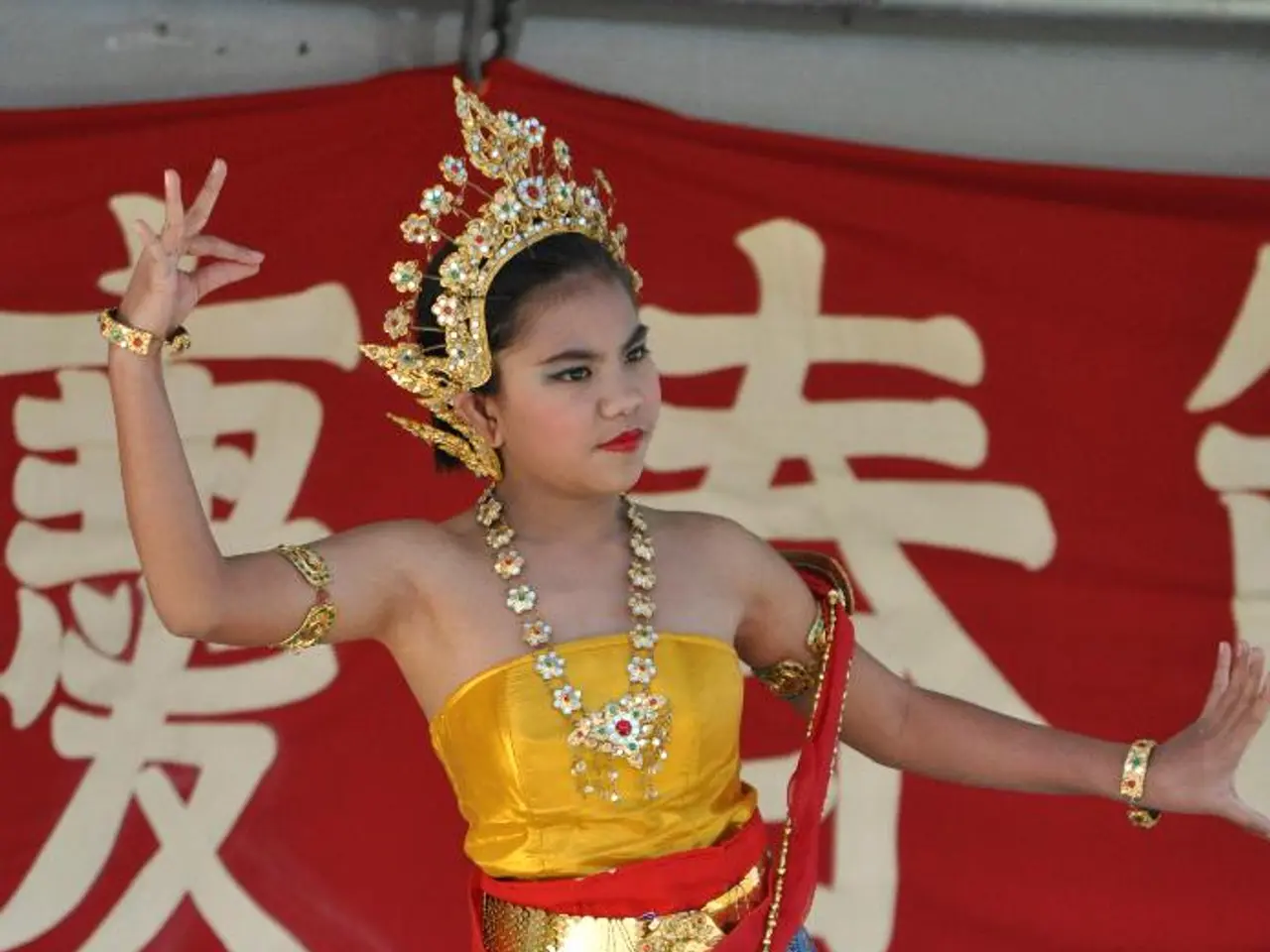Misused Phrase: Cultural Appropriation - A Term Frequently Misapplied
Ranting About the Ridiculousness of Overreacting to 'Cultural Appropriation'
Let's get one thing straight: social media is full of people who love to take umbrage at anything and everything. The latest culprit in their perpetual outrage machine? The exercise of cultural appropriation.
I first encountered the term in relation to an Instagram photo posted by one of the Kardashian-Jenner clan. (I'm not up-to-date on who's who in this influential family, so I'll keep it generic.) The picture in question had her sporting a maang tikka and bindi, along with a gown. The photo drew massive criticism, with almost every other comment claiming cultural appropriation. Being unfamiliar with the term, I did my homework to understand what the fuss was about.
Cultural appropriation, in simple terms, implies the inappropriate adoption of elements from a culture that is not one's own. For example, taking a revered religious symbol from another culture without understanding or respect for its significance would be an instance of cultural appropriation. However, using a traditional attire, accessory, or hairstyle as a personal choice, like in the Kardashian-Jenner case, seems like a rather trivial offense.
It's true that historical and marginalized cultures should be respected, but taking offense every time someone wears a style that originated elsewhere borders on the ridiculous. Someone else enjoying Indian accessories doesn't take away from their cultural significance for Indians. And let's face it, almost every fashion trend ever has originated somewhere else at some point.
You'd think that pop stars would be safe from such accusations, but they, too, are not spared. I've seen them apologize for using an Egyptian or Japanese theme in their music videos simply because of the outrage and heated debates that follow. But honestly, trying a new hairstyle or an attire that's different from what you're used to doesn't call for a social media war. If you don't like it, move on. There are more important issues to care about in the world.
That's not to say I don't understand the cause of the people fighting against oppression in various forms. I support their struggle whole-heartedly. However, I still have a hard time agreeing with them when they take offense at someone trying a new hairstyle or attire, as long as they aren't trying to profit from cultural exploitation or belittle the originators of those styles.
This whole hunt for cultural appropriation has become an endless game of cultural cops and robbers. You're from another country and you post a picture wearing attire from mine – you're guilty of cultural appropriation. You're from another country, and you post a picture of your side dish with the bread we have in my country – you're guilty of cultural appropriation again. You're from another country, and you have a tattoo in my native language – you're guilty of cultural appropriation! It goes on and on.
The appropriation debate has become a craze that has spawned countless articles and heated discussions. But for me, it's simply the radicalization of a movement that has lost its original cause and is being hijacked by people who exploit it to further their personal agendas. And more often than not, the issues that deserve real attention are being eclipsed by nonsensical outrage over cultural appropriation.
Sources:- Definition of Cultural Appropriation- Cultural Appropriation in Fashion and Pop Culture: Correct Usage and Examples
Fashion and beauty influencers often find themselves embroiled in discussions over cultural appropriation on social media. In the entertainment industry, music artists have been criticized for using elements of other cultures in their work, despite well-meaning intentions. Alongside political and social debates, general news outlets frequently discuss the topic of cultural appropriation in various contexts, not limited to fashion trends. Pop-culture enthusiasts, however, continue to embrace diverse cultural styles, ignoring the backlash that arises from such incidents, highlighting a growing divide in perceptions regarding cultural appropriation.








